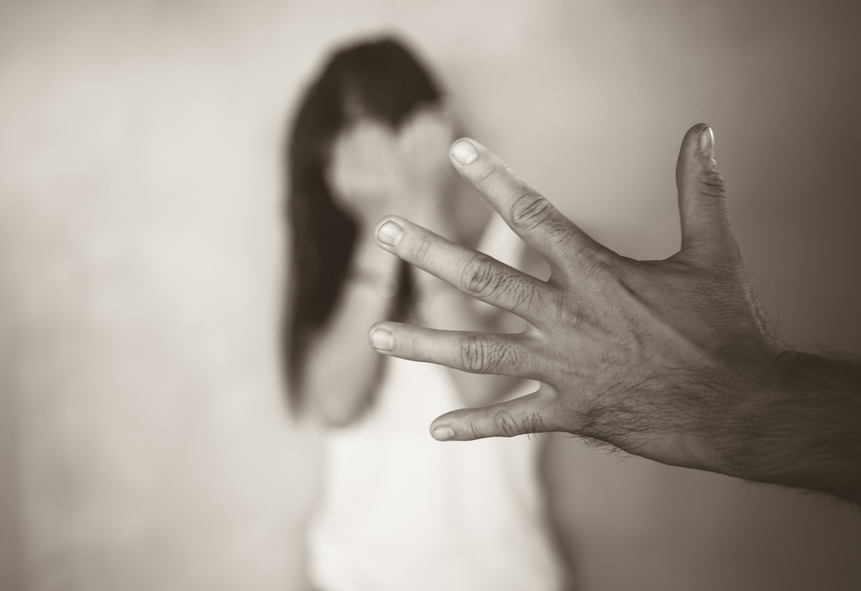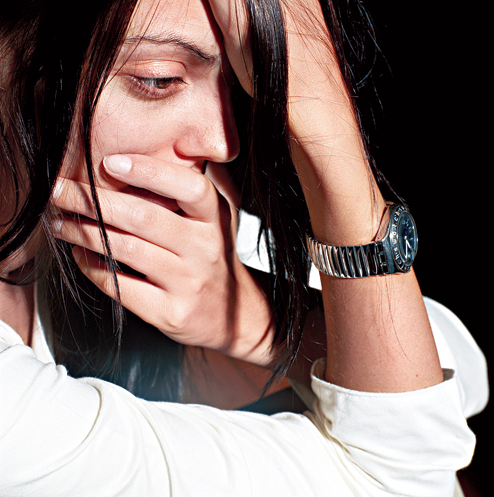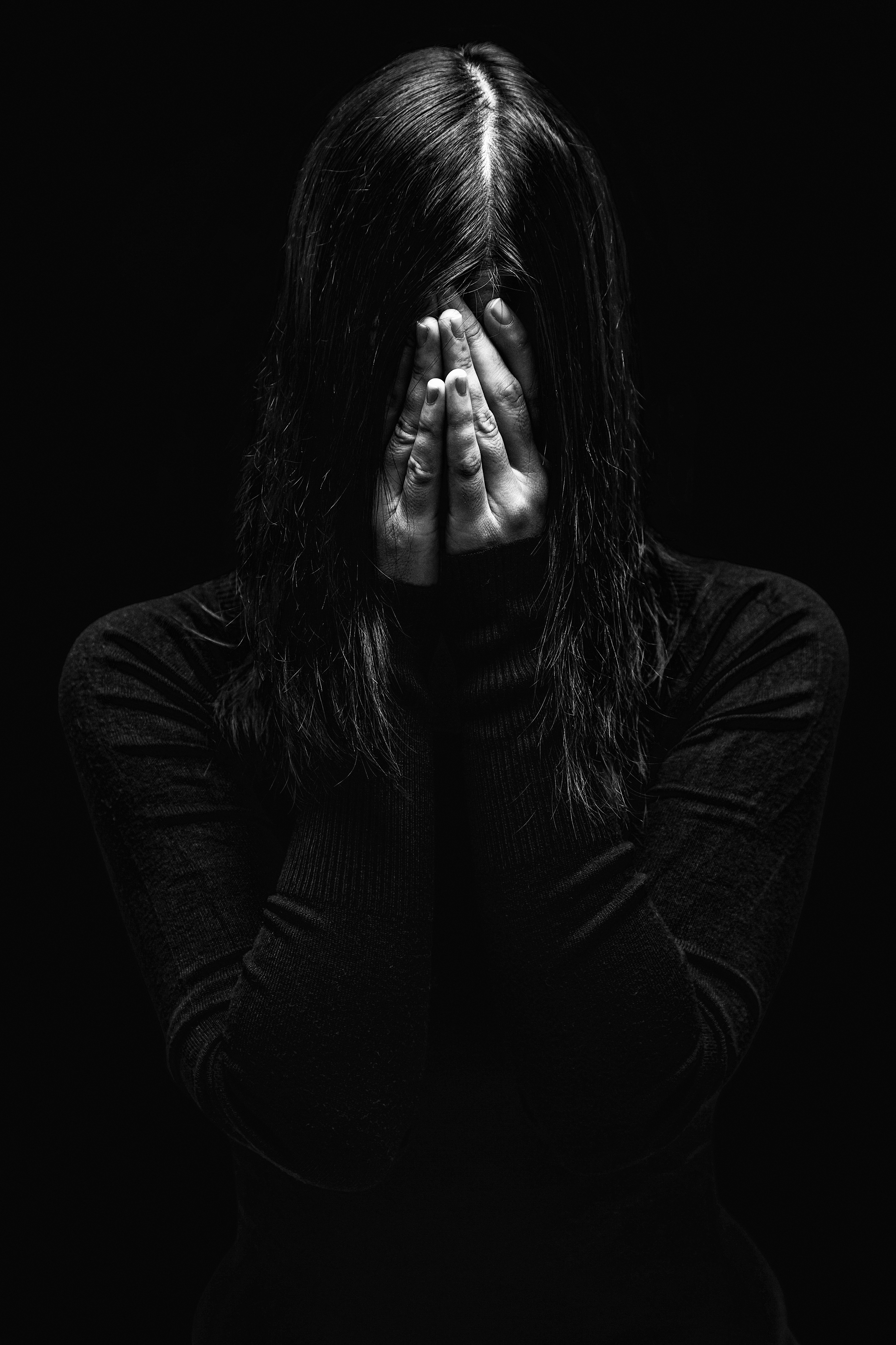Women are most unsafe at home. Estimates by the World Health Organization in 2017 show that one in three women has experienced either physical or sexual violence at the hands of an intimate partner. India is among the countries with the highest incidence of intimate partner violence. This should come as no surprise. Not only was India ranked as the most dangerous country for women, but data from the National Crime Records Bureau also show that in 95.5 per cent of the rapes reported in 2015, the victims knew or were related to the perpetrators. Last week, WHO released a framework, titled Respect, to help policymakers counter the scourge of IPV. The framework divides the causes of IPV into four broad categories. Societal factors comprise discriminatory laws and unfriendly institutions; community-based dangers are harmful gender norms, poverty and illiteracy; interpersonal risks include high levels of inequality in relationships; and individual reasons stem from childhood experiences of violence within the family. The common thread linking these categories is the precarious position of women, both within the home and outside it. Therefore, women who are abused at home do not find the confidence to speak up about it outside of the home for fear of being disbelieved, humiliated or abused further. Violence or the threat of it is the weapon used to keep women firmly in their place — which is always under men’s thumb.
The situation is more worrying in India where habitual male violence within the family, especially between married couples, is either normalized or firmly ignored by a patriarchal society, and governments and law enforcement agencies that are a product of this culture. What else explains the staunch and steady refusal of consecutive dispensations to criminalize marital rape? One of the several spurious arguments that has been forwarded to rationalize marital rape is that the State cannot interfere in the ‘private sphere’ of marriage. This concept sees the married couple and not the individuals in it as the basic unit of privacy. But this conception has been swept away with the Supreme Court judgment guaranteeing to every Indian citizen the right to privacy, clearly stating that “each human being [is] to be left alone in a core which is inviolable”. This opens a window to criminalize marital rape. But laws alone can achieve little — the ones against domestic violence are proof of this. What needs to change is the mindset that sees the female body as a property of the father, brother, lover, husband or son, who can batter, rape, expel or even kill her, to teach the woman a lesson for perceived intransigences or simply because they can.












